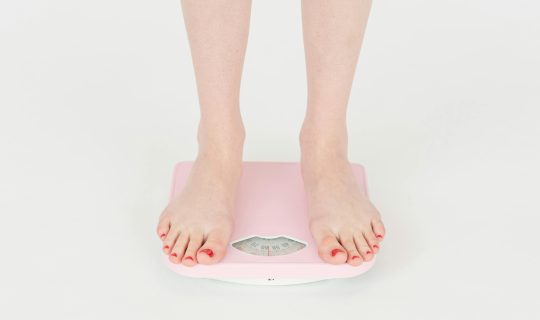Ozempic, Wegovy and other GLP-1 agonists — often referred to as weight loss jabs — have become almost impossible to ignore. They’re widely promoted for appetite control, weight loss and improved blood sugar regulation, and for many busy women they seem like a welcome shortcut when trying to lose some extra weight (not discussing here…
What’s best for type2 diabetes? Low Gi, Low Carb or Ketogenic?
by Lucia Stansbie
There is so much advice about the best diet to manage type2 diabetes, spacing from low carbohydrate, ketogenic and low glycaemic diet…but which one is the best?
First of all, let’s understand what those diets are:
Low carbohydrate diet: there are no set rules for what a “low carb” diet is, but most professionals agree that a very low carb diet provides less than 10% energy from carbs, and a low carbohydrate one provides between 10 and 26% of energy from carbohydrates. It is essential to understand that carbohydrates when digested are turned into glucose, the favourite “food” for most body cells, including brain cells.
Ketogenic diet: this diet was introduced as a treatment for epilepsy in the 1920s. Since then, research has highlighted the benefits of the ketogenic for diabetes, epilepsy and Alzheimer’s disease. The macronutrient ratio is 75% fat, 20% protein and only 5% carbohydrates.
Such a reduction in carbohydrate intake changes metabolic and energy needs, putting your body into a metabolic state called ketosis.
Low glycaemic diet: with glycaemic index is meant on how quickly foods are digested into sugars and how quickly it impacts blood glucose levels, but it does not reflect the portion size. A low glycaemic diet prefers carbohydrates such as wholegrains, fiber rich vegetables, legumes and limits refined carbs such as white pasta/bread/rice and processed carbs like biscuits, rice cakes, ready meals, etc…
Research highlights the benefits of all those diets for diabetes management, so which one is better? The answer is not so straightforward as each person’s individual needs and medical history must be taken into consideration. The ultimate goal of a diet suitable for a type2 diabetic patient is to modulate insulin response and in case of excessive body weight, aim to achieve a healthy BMI.
When considering a dietary intervention is also important to take into account possible comorbidities and current medical therapy. Carbohydrate intake has to be modulated accordingly to the type and dosage of drugs taken to avoid hypos, and cardiovascular and liver health have to be considered before introducing a considerable amount of fats via a ketogenic diet.
The best option is to consult a nutrition professional, able to create a personalised diet that will suit your unique needs and be fully supportive of your health journey.



